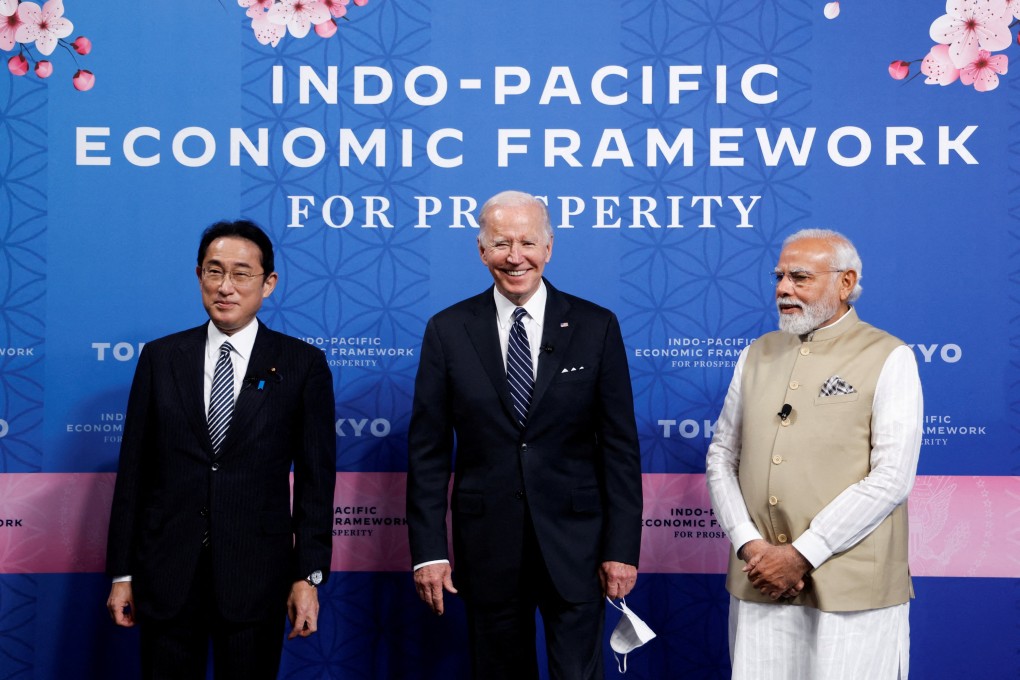Macroscope | At G20 and other summits, Asia can take back economic power from the US, China and Russia
- The world’s economic course has been poorly piloted in recent years, whether by Trump or Biden, as the US seeks to decouple from the Chinese economy
- If the world is to prevent an economic crash, Asian nations and others must demand that the major powers change direction

Russia’s hot war with Ukraine and America’s (for now) cold war with both Russia and China threaten to produce, at the minimum, a global economic crash unless Asian nations and others ask the major powers to explain where they think they are taking the world and demand that they change course.
The US, China and Russia are the major powers in question but, instead of showing collective leadership, they are dragging the world towards an economic and strategic abyss with their rivalry. The only way to halt this is resistance from lesser powers acting in concert. Hence the importance of the upcoming summits.
The world’s economic and strategic course has been poorly plotted and piloted in recent years. Former US president Donald Trump blundered into the pilot’s seat and weaponised trade with China, while his successor Joe Biden is doing quite the same and urging allies to fly in US-led formation against both China and Russia.
These allies must sense by now that, with people who have no sense of direction or knowledge of flying at the controls, they are all heading for a crash. They may need to peel off and create new formations, which would at least allow them to keep flying even if at a lower altitude.
As writer Christopher Caldwell has noted, “The attempt to isolate Russia from the American world system has had a striking unintended consequence – the possible founding of an alternative world system that would draw power away from the existing one.” This applies even more to US actions against China
